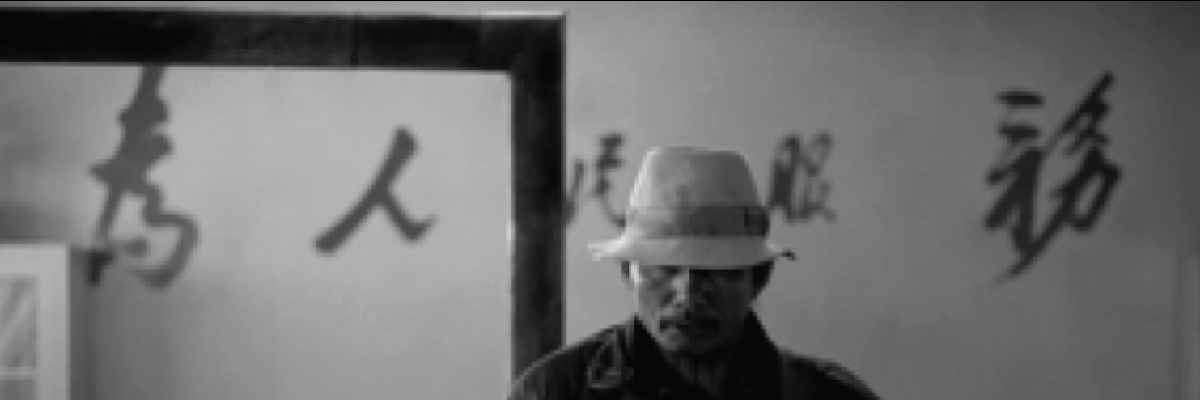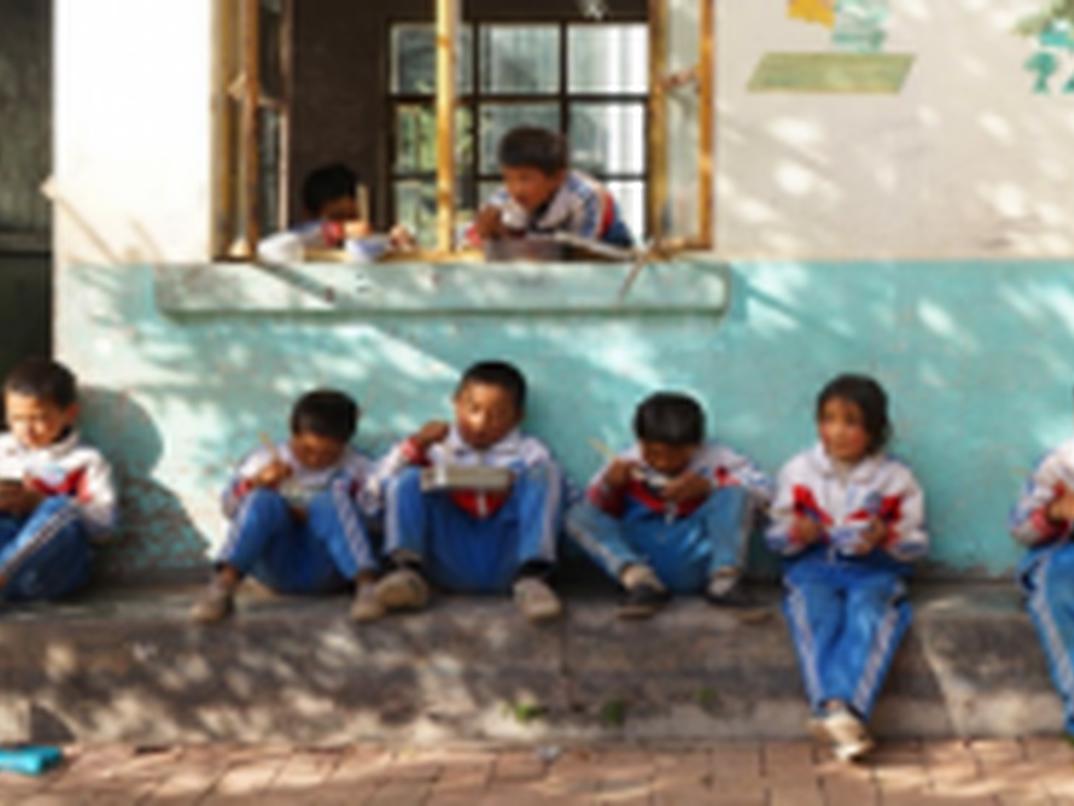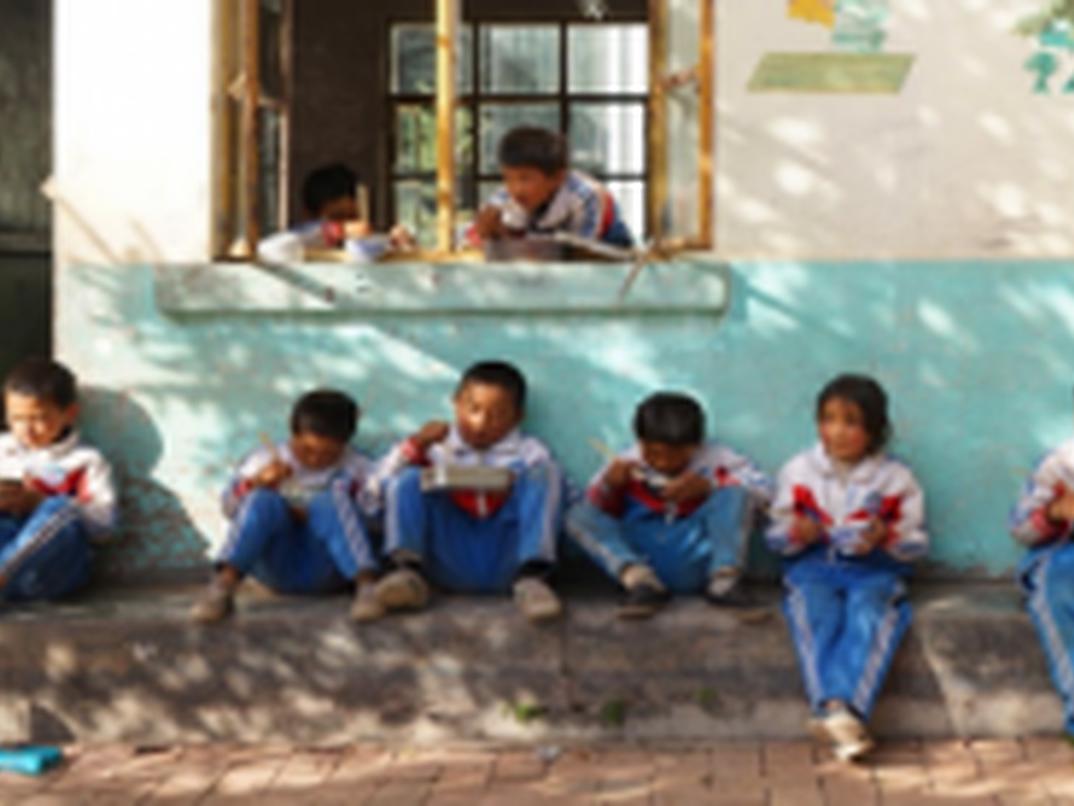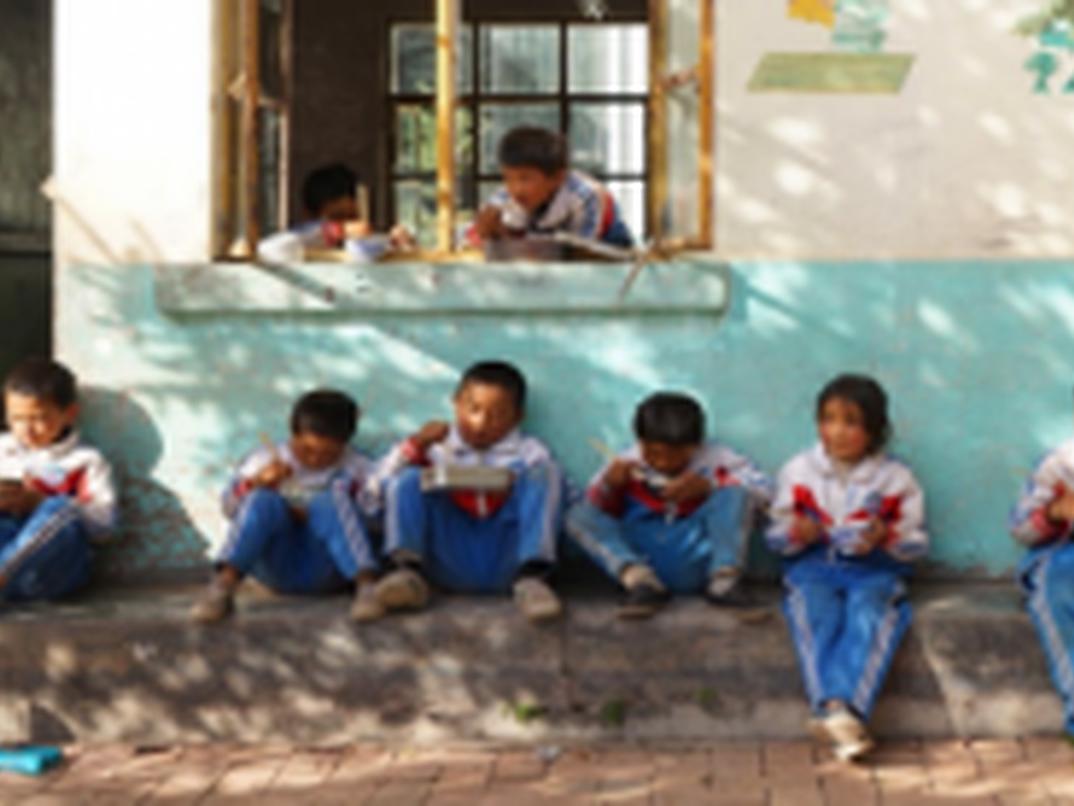Understanding the Tibetan Cultural Renaissance Inside the People’s Republic of China Workshop, April 12-13, 2019
The last two decades have witnessed the emergence of a new generation of Tibetan authors, filmmakers, artists, singers, performers, and religious and artisanal producers. It has also seen the rise of numerous works and a growing official and popular interest about Tibetan culture from across the PRC. The “Understanding the Tibetan Cultural Renaissance Inside the People’s Republic of China” workshop will examine the complex conditions of this recent flourishing of Tibetan culture inside China. The workshop aims to engender dialogue between scholars of Chinese and Tibetan studies, and foster new knowledge about minority and indigenous cultural strategies globally.
Sponsored by:
The Social Sciences and Humanities Research Council of Canada (SSHRC)
The Office of the Vice-Principal Research, UTSC
The Department of Historical and Cultural Studies, UTSC
The Robert H.N. Ho Family Foundation Centre for Buddhist Studies, University of Toronto
The David Chu Program in Asia Pacific Studies, University of Toronto
The Asian Institute, Munk School of Global Affairs, University of Toronto
The Tri-Campus Graduate History Department, University of Toronto
The Critical China Studies Working Group, University of Toronto
The Department of East Asian Studies, University of Toronto
The Centre for Comparative Literature, University of Toronto
The Jackman Humanities Institute, University of Toronto
Bios of the participants please click here
Schedule:
Friday, April 12, 2019: Paper Presentations
Location: UTSC, IC 318, 1265 Military Trail, Scarborough
9:30-9:45am Participants arrive coffee and set up
9:45-10:00am Introductions, by Anup Grewal and Chris Berry
10:00-11:45am Panel 1 (Moderator, Robbie Barnett)
- Scott Reylea (Appalachian State University), “Before Renaissance: The Reception of Tibetan cultural Production in Sichuan during the 20th Century.”
- Timothy Thurston (University of Leeds), “Heritage with and without the State—Observations on the Gesar Epic in Yushu.”
- Isabelle Henrion-Dourcy (Université Laval), “Tibetan Culture Festivals in the Era of Xi Jinping: On the Display and Dispossession of Tibetan Culture.”
- Chris Berry (King’s College London): “Tibet in China’s New ‘Minority Nationalities’ Cinema.”
11:45am -12:30pm Lunch, catered by Gourmet Malaysia (plus coffee)
12:30-2:15pm Panel 2 (Moderator, Timothy Thurston)
- Tracy Zhang (Concordia University), “Celebrating Privatization: A story of Tibetan Cultural Renaissance in a Lhasa Carpet Factory.”
- Maria Turek (University of Toronto), “Hybridity, Asceticism and Chinese Modernities in the Life of a Contemporary Han-Tibetan Monk.”
- Lara Maconi (INALCO, Paris), “Located in Translation: Exploring the Defining Features of the Tibetan Literary ‘Renaissance’.”
- Tsering Shakya (University of British Columbia), “Patronage, Mass Printing, and Consuming books in Contemporary Tibet.”
2:15-2:25pm break
2:25-3:50pm Panel 3 (Moderator, Anup Grewal)
- Kwai-Cheung Lo (Hong Kong Baptist University), “Contending Politics of Authenticity in Emerging Tibetan Filmmaking.”
- Vanessa Frangville (Université Libre de Bruxelles), “Challenging Modernisation Discourses in Tibetan cinema: Sonthar Gyal's The Sun Beaten Path and Pema Tseden's The Search.”
- Robbie Barnett (Cambridge University), “Tibetan Film within Tibet and the Difficulty of Unthinking the National.”
3:50-4:00pm- Break (coffee)
4:00-5:25pm Panel 4 (Moderator Tsering Shakya)
- Françoise Robin (INALCO, Paris), “To Speak or not Speak Tibetan… and what Tibetan? Languages and Dialects in Tibetan Cinema.”
- Patricia Schiaffini-Vedani (Texas State University), “The Frog Outsmarts the Crow: Preserving Tibetan Language and Culture Through Children Literature and Film.”
- Susan Su (University of Chicago), “Archives all the way down: Using the Internet Archive to Study the Tibetan literature Website Chodme.”
5:25-5:30pm, Closing remarks
Saturday, April 13, 2019: Discussions and Public Screenings
Location: Room 208N North House, 1 Devonshire Place, Asian Institute, Munk School of Global Affairs)
9:45am: Participants arrive and settle (coffee, fruit, pastries by Innis Café)
10:00-10:15am, Introduction to the day, Anup Grewal, Chris Berry, Tenzin Tsundue
10:15am-12pm Roundtable on Concepts, Frameworks and Methodologies for Understanding the Tibetan Cultural Renaissance Inside the PRC, moderators Anup Grewal and Chris Berry
12:00-1:00pm Lunch, catered by TBD, plus coffee by Innis Café
1:15-2:45pm “Tibetan Culture and its Scenes”
Film: Making Movies on the Plateau (2018, 27 min), dir. Jigme Trinley: During the filming of director Lhapal Gyal’s Wangdrak’s Rain Boots in 2018, Jigme Trinley, a student at the Beijing Film Academy, interviewed many of the crew members, revealing different aspects of the current scene of Tibetan cinema in the PRC. This short paragraph-structure documentary brings to light these conversations, providing the audience with a view into the conditions of contemporary Tibetan filmmaking.
Followed by a forum, “Contemporary Tibetan Culture and its Scenes,”with Jigme Trinley, Lhapal Gyal, Professor Françoise Robin (INALCO, Paris), and Shelly Kraicer (Writer, Film Curator, Toronto)
2:45:4:00pm Break plus TBD. Coffee by Innis Café beginning at 3:45pm
4:00-6:15pm Screening of Wangdrak's Rain Boots (2018, 91 min), dir. Lhapal Gyal
Film: Wangdrak's Rain Boots (2018, 91 min), dir. Lhapal Gyal
It's the rainy season in the Tibetan highlands. It's good for the crops, but bad for Wangdrak. He's the only boy in his village who doesn't own a pair of rain boots and the other children tease him about it. His father has no money to buy boots and faces a more serious problem: a dispute has broken out among the farmers. His mother secretly swaps a goatskin for boots. However when Wangdrak proudly wears them to school, the children laugh at him again; the rain has stopped, it is a sunny day. At least Wangdrak can count on his best friend Lhamo to understand and stand by him. Set in the vast mountains of the Amdo region, this film affectionately portrays the story of a young boy's dreams bound up in the traditional structures of Tibetan rural life.
Followed by a Q &A with the director, moderated by Jigme Trinley and Chris Berry
6:15-6:25pm, Closing Remarks
For more information events related to this workshop, please contact anup.grewal@utoronto.ca



